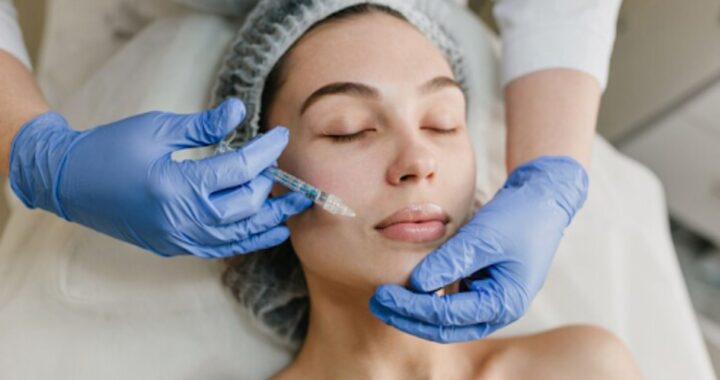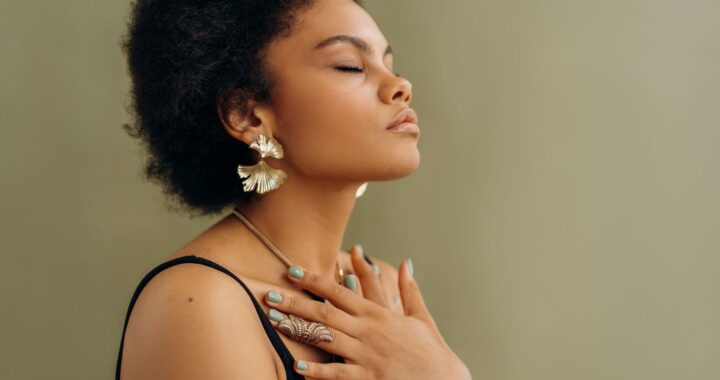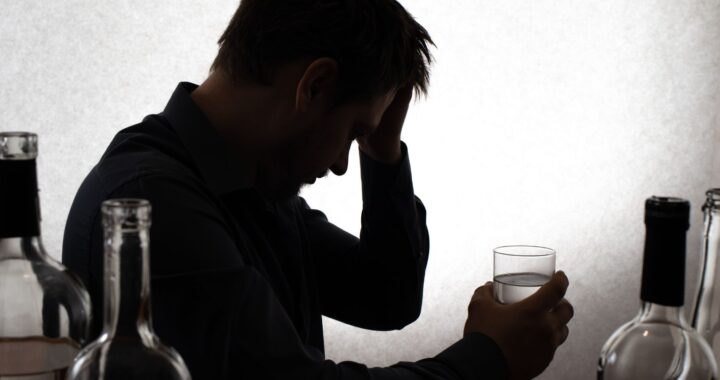Sweating helps the Acne fight: Does It Work

Acne is a common skin condition that affects millions of people around the world. While there are many different treatments available, some people believe that sweating can help to clear up acne. We will take a closer look at this claim and see if there is any scientific evidence to support it.
By the end of this article, you will have a better understanding of whether or not sweating can help with acne.
Acne is a common skin condition that affects people of all ages
It is characterized by the appearance of pimples, blackheads, whiteheads, and other blemishes. Acne can occur on the face, chest, back, shoulders, and neck. Although it is not a serious medical condition, acne can be painful and cause psychological distress.
There are many different treatments available for acne, including over-the-counter and prescription medications, as well as home remedies. Make sure to talk to a dermatologist about the best treatment option for you.
What is Sweating
Sweating is a natural process that helps to regulate body temperature. When the body gets too hot, sweat glands release a clear, odorless fluid onto the skin’s surface. This evaporation helps to cool the body down. While sweating is a necessary and healthy process, some people believe that it can also help to clear up acne.
The theory is that sweating can help to flush out the pores and remove dirt, oil, and bacteria. However, there is no scientific evidence to support this claim. In fact, sweat can actually make acne worse. Sweating can irritate the skin and cause clogged pores. This can lead to more breakouts.
is sweating good for acne
Some people believe that sweating is good for acne because it opens up the pores and allows the skin to breathe. Additionally, sweat contains toxins that are released from the body, which may help to cleanse the skin.
However, there is no scientific evidence to support these claims. In fact, sweat can actually make acne worse. This is because sweat is a mixture of water and salt, which can irritate the skin and cause the pores to become clogged. Additionally, sweat can trap dirt and bacteria on the skin, which can lead to breakouts. If you have acne, you may want to avoid sweating or shower as soon as possible after sweating. You should also avoid tight clothing that can trap sweat on the skin. If you must exercise, make sure to wash your face afterwards.
What are the best way to treat acne is with a combination of topical and oral medications
There is no single best way to treat acne. However, most dermatologists recommend a combination of topical and oral medications. Topical medications are applied to the skin and include creams, gels, lotions, and pads. These medications can help to kill bacteria, reduce inflammation, and prevent clogged pores. Oral medications are taken by mouth and include antibiotics, birth control pills, and isotretinoin.
These medications can help to kill bacteria, reduce inflammation, and prevent the overproduction of oil. Make sure to talk to a dermatologist about the best treatment option for you. Always follow the instructions on the label and never use more than the recommended amount.
If you are experiencing severe or persistent acne, see your doctor for advice
If you are experiencing severe or persistent acne, see your doctor for advice. You may need prescription medication to clear up your acne. Make sure to follow the instructions on the label and never use more than the recommended amount. Proper treatment can help to clear up your acne and prevent scarring.
There are many different treatments available for acne, including over-the-counter and prescription medications, as well as home remedies. Make sure to talk to a dermatologist about the best treatment option for you. And that’s it! We hope you found this article helpful. Thanks for reading. Have a great day!

 Reliable Insurance Brokers at Pacific Prime – Tailored Plans
Reliable Insurance Brokers at Pacific Prime – Tailored Plans  Here’s Everything You Need to Know About Botox Before Your First Shot
Here’s Everything You Need to Know About Botox Before Your First Shot  Walking as a Tool for Better Mental Health
Walking as a Tool for Better Mental Health  How to Recognize Early Signs of Addiction and How to Seek Help
How to Recognize Early Signs of Addiction and How to Seek Help  Restoring Your Thinning Hair Line
Restoring Your Thinning Hair Line  The Role of Exercise in Recovering from Alcohol Use Disorder
The Role of Exercise in Recovering from Alcohol Use Disorder